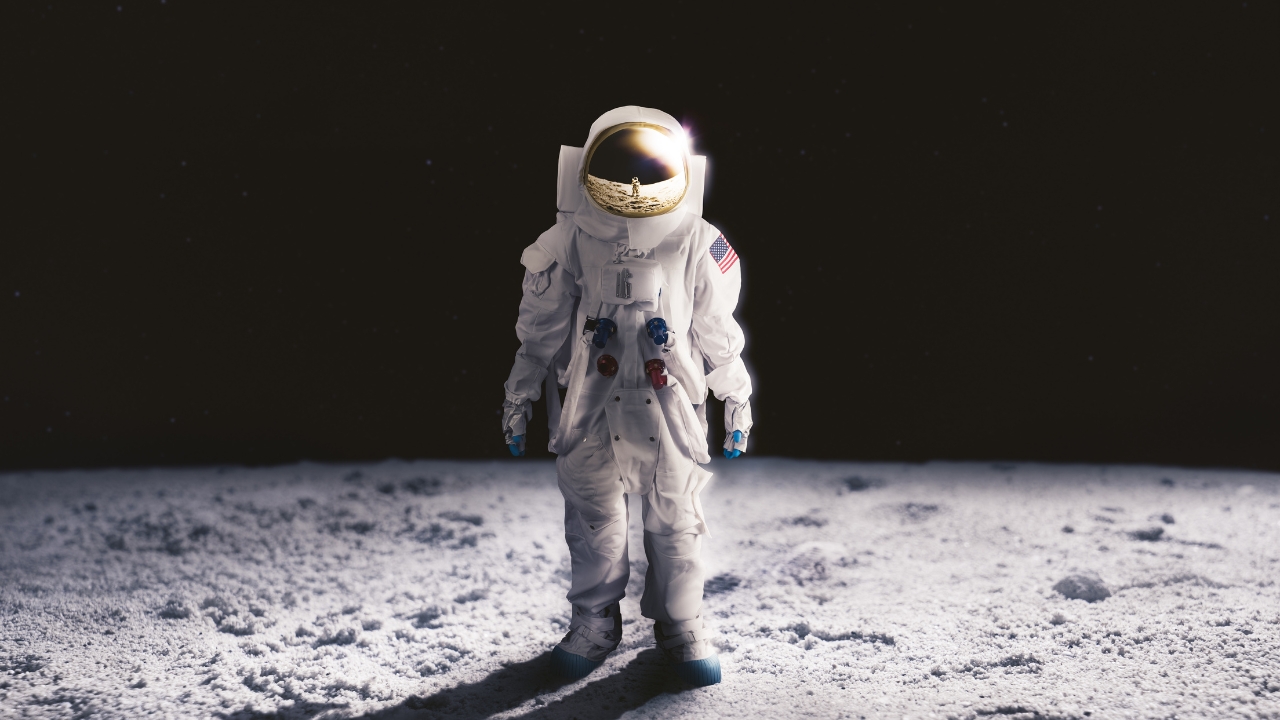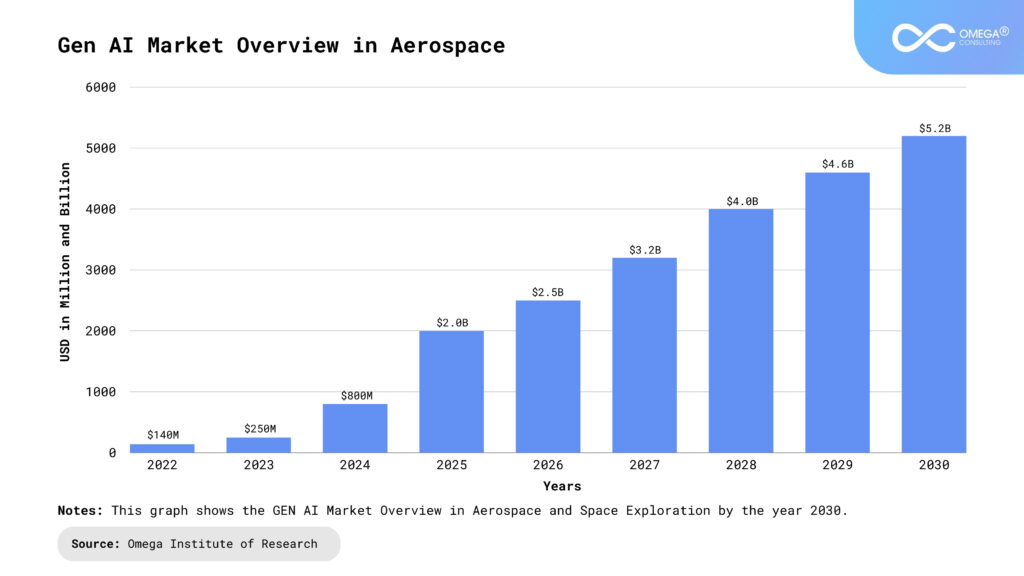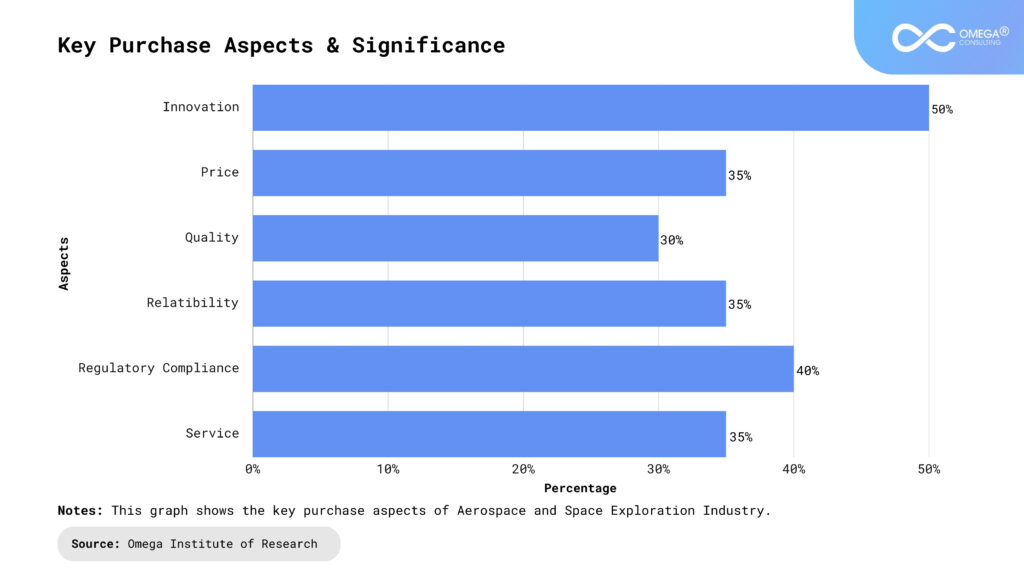- Industries
Industries
- Functions
Functions
- Insights
Insights
- Careers
Careers
- About Us
- Technology
- By Omega Team

The timeless expanse of the cosmos, humanity has always gazed toward the heavens with a blend of awe and curiosity. From the first stargazers to the modern era of space exploration, our quest to understand the universe has been driven by scientific curiosity, technological advancement, and the indomitable human spirit. As we stand on the brink of a new era where artificial intelligence (AI) pervades every aspect of our lives, it’s natural to contemplate how AI will redefine the future of space exploration.
The Emergence of Generation AI
Gen AI represents a unique cohort of individuals who have grown up alongside AI technologies. Unlike their predecessors, Gen AI is inherently familiar with AI’s capabilities and limitations. They effortlessly navigate AI-driven systems, harness their power for problem-solving, and envision possibilities that merge human ingenuity with machine intelligence. This generation is poised to revolutionize space exploration, leveraging AI to overcome traditional barriers and explore the cosmos in unprecedented ways.

AI and Autonomous Exploration
One of the most transformative impacts of AI on space exploration lies in its ability to enable autonomous spacecraft and robotic systems. Historically, space missions have relied heavily on ground control for decision-making and guidance. However, with advancements in AI, spacecraft can now operate autonomously, making real-time decisions based on data analysis and predefined parameters.
Imagine fleets of autonomous probes embarking on missions to distant planets, moons, and asteroids. Equipped with AI systems capable of adapting to unforeseen challenges, these probes navigate cosmic hazards, identify scientific opportunities, and even perform self-repairs as needed. This autonomy not only enhances mission efficiency but also extends humanity’s reach into the cosmos, unlocking new frontiers beyond the limitations of human-controlled missions.

AI-Powered Scientific Discovery
Gen AI’s cosmic journey transcends mere exploration; it embodies a quest for scientific discovery on an unprecedented scale. AI excels in processing vast datasets and conducting complex analyses, essential for interpreting astronomical observations, modeling astrophysical phenomena, and discovering new celestial objects.
For instance, AI algorithms can sift through immense volumes of telescope data, identifying subtle patterns, anomalies, and potential targets for further investigation. Collaborating seamlessly with human scientists, AI accelerates the pace of discovery, enabling breakthroughs in understanding cosmic origins, unraveling the mysteries of dark matter and dark energy, and even probing the possibilities of extraterrestrial life.

Challenges and Ethical Considerations
While AI promises groundbreaking advancements in space exploration, it also presents significant challenges and ethical considerations. The reliability of AI systems in harsh space environments, the ethical implications of autonomous decision-making in critical mission scenarios, and the governance of AI-driven space missions are paramount concerns.
Moreover, issues such as data privacy, algorithmic bias, and the equitable distribution of scientific benefits demand careful deliberation. Establishing robust ethical frameworks and fostering international collaborations are imperative to ensure that AI-driven space exploration serves humanity’s collective interests and upholds fundamental ethical principles.
Educational Imperatives and Future Prospects
Preparing Gen AI for their cosmic journey necessitates a reimagined approach to education and training. STEM education must evolve to cultivate interdisciplinary skills that encompass AI development, data science, robotics, and astrophysics. Hands-on experiences, immersive simulations, and collaborative projects empower the next generation of space explorers to seamlessly integrate human creativity with AI innovation.
Looking ahead, the prospects for Gen AI’s cosmic odyssey are boundless. As AI technologies continue to advance, so too will our capacity to explore the furthest reaches of the universe, unravel its enigmas, and inspire future generations to pursue the frontiers of space exploration. By harnessing AI’s transformative potential responsibly and ethically, we embark on a journey that transcends geographical boundaries and unites humanity in the pursuit of knowledge and exploration.
Conclusion
Generation AI stands at the threshold of a cosmic journey that promises to redefine humanity’s understanding of the universe and our place within it. By harnessing AI’s capabilities, we unlock new vistas in space exploration, accelerate scientific breakthroughs, and ignite the imaginations of future explorers. As we embark on this voyage, guided by innovation, collaboration, and a steadfast commitment to ethical stewardship, we forge a future where the boundaries of human knowledge and exploration extend far beyond the stars.
In the vast canvas of the cosmos, Generation AI emerges not just as explorers but as custodians of our cosmic destiny—pioneers who navigate the celestial realms with curiosity, humility, and a profound respect for the wonders that await us beyond the horizon. Together, human ingenuity and AI innovation illuminate the path forward, shaping a legacy of discovery that transcends generations and embodies the essence of our shared cosmic journey.
- https://www.aiacceleratorinstitute.com/ai-in-space-exploration/
- https://gafowler.medium.com/exploring-cosmic-mysteries-how-ai-unveils-the-universe-bbaeddc0990a
- https://www.deltecbank.com/news-and-insights/ai-and-space-exploration/
- https://www.tutorialsfreak.com/ai-tutorial/ai-space-exploration
- https://www.admind.ai/en/2023/06/07/ai-in-space-exploration-how-machine-learning-is-helping-us-discover-the-universe/
Subscribe
Select topics and stay current with our latest insights
- Functions